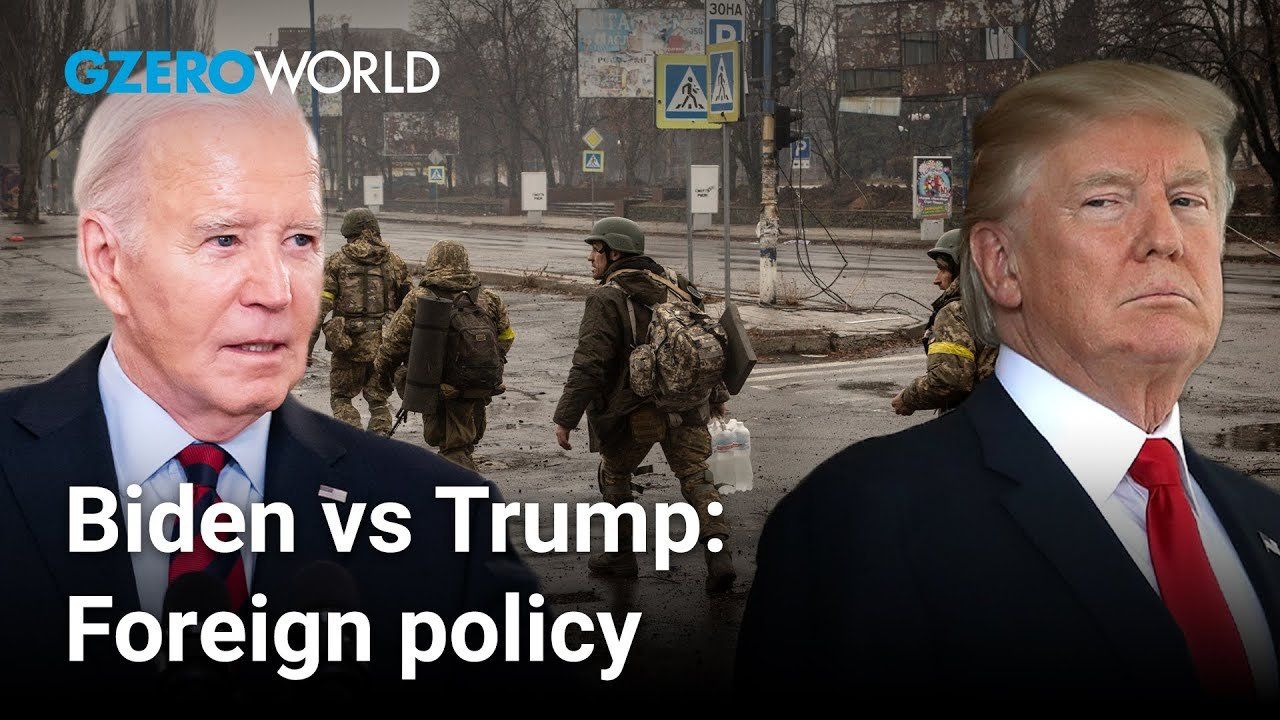
What role will foreign policy play in the upcoming US presidential election? “More than it usually does,” says Harvard Kennedy School’s Stephen Walt in an interview on GZERO World with Ian Bremmer. “Partly because the economy doesn't seem to be helping Biden as much as it should be, partly because it's hard to look at Biden's foreign policy and tout a lot of big success stories."
In a wide-ranging interview comparing US foreign policy under a second Biden or Trump term, Walt suggests that they may not be as different as people expect. “On a bunch of big issues, the daylight between him and Biden just isn't that great.” It may come as little surprise that Bremmer disagrees.
But Walt says this is especially true in areas like China policy, where Biden's approach has been refined and continued. "The Biden people refined the Trump approach in a number of ways—focused it very much on high-tech—but have if anything, doubled down on the policies that Trump adopted starting in 2017."
And while Walt certainly acknowledges an array of crucial differences between Trump and Biden, he argues that both second administrations may have similar outcomes in areas like the Middle East and Ukraine. That said, he makes clear that while Trump's second term may not drastically change US foreign policy, it could lead to a less supportive stance towards Europe and NATO. "Trump is fundamentally a nationalist, fundamentally a unilateralist, whereas Biden is very much a globalist or internationalist, and that's a key difference.”
Catch GZERO World with Ian Bremmer every week at gzeromedia.com/gzeroworld or on US public television. Check local listings.
- What kind of foreign policy do Americans want? ›
- Will foreign policy decide the 2024 US election? ›
- Biden's Israel policy hurts his 2024 reelection chances from all angles ›
- Biden's 2024 election vulnerabilities and strengths ›
- Chris Coons on the Biden Doctrine: What is Joe Biden’s foreign policy vision? ›
- Why the US is sending aid to Ukraine, Israel, and Taiwan - GZERO Media ›
- Europe's reaction to US election win: gloom and despair - GZERO Media ›